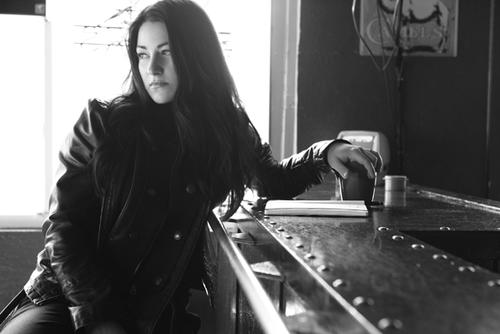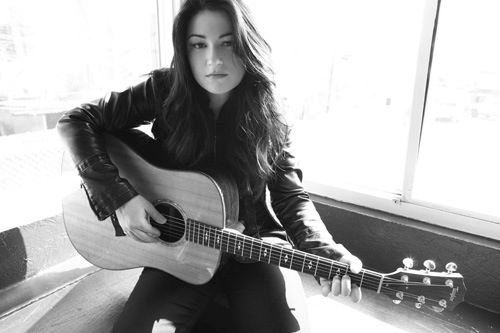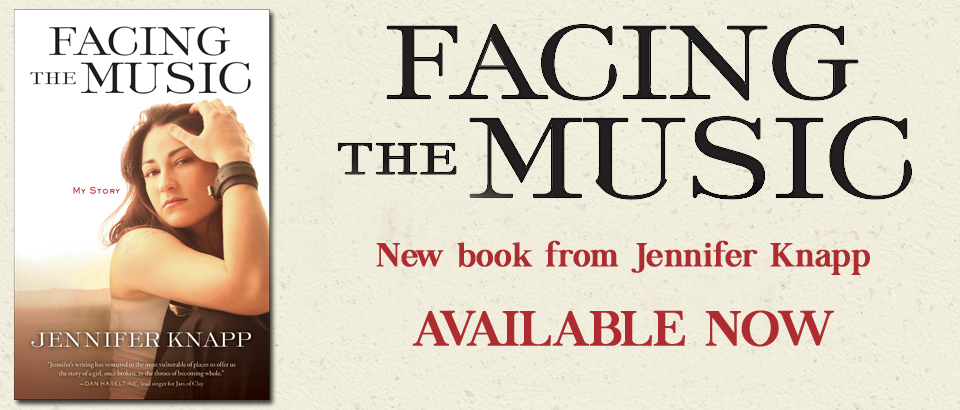Despite the recent conservative controversy surrounding Vicky Beeching’s coming out, the Christian community is no stranger to revered spiritual musicians coming out. Jennifer Knapp’s memoir Facing The Music is a soul-searching, earnest examination of the Christian music scene and self discovery including her own coming out in 2010.
Knapp begins her life as a twin in a dysfunctional and divided household. As her parents were separated, she spent her youth navigating the complex conditions of custody, living predominantly with her father and step-mother and occasionally holidaying with her mother. Her first love is discovered and passionately explored as she teaches herself trumpet and becomes enamoured with music. Not being musical myself but living with a musician, I was enthralled in Knapp’s diligent and often demanding relationship with instruments. In fact, her first decision to learn an instrument comes at the direct expense of her limited time with her mum. Her passion continues as she breathes in instrument after instrument, ultimately leading her to study music teaching at college.

After a period as a wild child, filled with sexual exploits and significant alcoholism (not explicitly explored), Knapp falls for the grace of God and begins to party Christian style; with worship music and religious conversation. Her account for her rise to Christian ‘rock-star’ status is told passively, as though everything just happened around her; her own involvement often reluctant and riddled with self-doubt. I feel this early Christian experience is written through the lens of a changed woman and wonder about the difference in explanation if one had been able to be transcribed at the time. Yet, this is how all memoirs are written; by the hands of current understanding, so I need not fault Knapp for that.
As a Christian myself, I recognised many of the evangelical experiences Knapp described and would advise non-Christian readers not to be put off by this inside look at the Contemporary Christian music scene. Her insights are often darkly described, almost in despising tones and I think Christians will have a harder time processing Knapp’s truths then non-religious individuals.

Two thirds into Facing The Music, Knapp addresses her sexuality, her withdrawal from the Christian music scene and life as she knows it. She isn’t one to kiss and tell, so if you are hoping for long paragraphs of lesbian liaisons, this isn’t the love story for you. Instead, she recounts her internal coming out experience and the feelings associated with identifying as both gay and Christian, both personally and within the public eye.
Knapp’s memoir is also littered with unexpected interesting insights, including her involvement with signing Katy Perry as well as adventures in outback Australia.
Personally, I strongly related to her difficulty fitting into certain circles in Christian churches, wearing cargo pants instead of skirts at church services. I also understood her difficulty with self-acceptance and the shame often associated with sharing an experience that strays from the acceptable testimony within church circles. I applaud her personal strength and faith to share her own story and to take her own time to do so.

Facing The Music is written with honesty, integrity and emotion and will likely captivate fans, memoir readers, Christians and the questioning masses.
For those who enjoy Jennifer Knapp’s memoir, I would strongly recommend Chely Wright’s memoir Like Me, which explores coming out within the conservative country music world. You can also view the documentary Wish Me Away which follows Chely before and after coming out.
If you are looking for music to listen to while reading, Jennifer Knapp’s new album Set Me Free (released by Ani DiFranco’s Righteous Babe Records) is just out.


